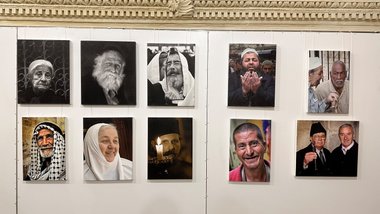Separatist Orthodox priest received by Czech president
Czech President Milos Zeman met with the leadership of the World Council of Subcarpathian Rusyns (WCSR) in Dasice where the WCSR HQ was located. He promised that Rusyns would not be forgotten by Czech authorities, the government will strongly support them, according to Depo.Zakarpattya.
Co-Chairman of the Public initiative "Right cause" Dmytro Snyehyrov wrote on Facebook that the meeting was attended by head of WCSR Vasyl Dzhuhan, his deputy Michael Tyasko, Orthodox priest Dmytro Sydor from Uzhgorod. The latter, according to the ruling of Ukrainian court, received a suspended sentence for separatism.
As WCSR emphasized, this meeting was a continuation of numerous contacts that the Czech leader and his entourage maintain with WCSR leadership to discuss issues related to the international situation of Rusyn movement and Rusyn communities in Transcarpathian region of Ukraine, determination of of the region's future and its status.
In addition, a statement of XII Slavonic Counci "On the autonomy of Rusyns in Transcarpathia” was adopted. It says that Rusyns in Transcarpathia had been living for thousands years on their ancestral land, which was part of the various states. And in 1918, they found autonomy under Hungarian law No. 10 of December 21 of the said year with the constitutional name “Russian Country” - Rusyn State.
Later the VIII All-Slavonic Council, held in Uzhhorod in 2002, urged the authorities of Ukraine to implement the will of the Rusyn people. However, the declaration on the unitary Ukrainian state was the response.
"We express our confidence that in the adoption of the new Constitution, Ukraine as a member of the United Nations must abide by the recommendations of the United Nations of 17 August 2006 “On discrimination by Ukrainian authorities of people of Rusyn nationality “and recognize the Ruthenian ethnicity, which is recognized all over the world and, according to the results of the regional referendum on December 1, 1991, and grant the Transcarpathian region autonomy within Ukraine,” goes the statement.










